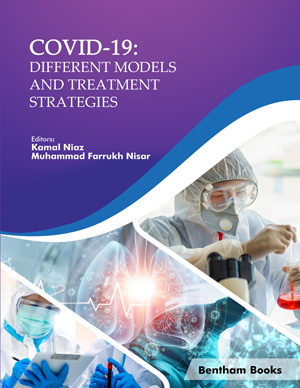Abstract
Background: Despite great improvements in prevention over the last years, much has to be done to reduce new human immunodeficiency virus (HIV) infections. Substantial evidence shows that the six-month period of recent HIV infection contributes disproportionately to HIV transmission.
Objective: This study aims to investigate knowledge, normative beliefs, and attitudes of people who inject drugs (PWID) regarding recent HIV infection.
Methods: People who inject drugs in Athens, Greece were recruited in the fifth round of a respondent- driven sampling program (ARISTOTLE). The participants were tested for HIV and answered a structured questionnaire, which also included items on knowledge, normative beliefs, and attitudes regarding recent infection to address needs of the social network-based Transmission Reduction Intervention Project. The multivariable analyses included logistic regression models, which produced odds ratios (OR) and 95% confidence intervals (CI).
Results: In total, 1,407 people (mean age: 36.3 ± 7.9 years old; males: 81.9%) took part in the fifth round of ARISTOTLE. Of these, 61.5% knew that HIV-infected people who are not on treatment are more likely to transmit HIV during the first six months of their infection and 58.4% reported that people in their network would react positively towards a recently HIV-infected person. People who inject drugs who were knowledgeable of recent HIV infection were more likely to disagree with statements such as that one should avoid all contact with a person recently infected by HIV (adjusted OR: 1.510, 95% CI: 1.090, 2.091) or more likely to agree with statements such as that an HIV+ person is much less likely to transmit HIV when h/she is on combination antiretroviral treatment (adjusted OR: 2.083, 95% CI: 1.231, 3.523).
Conclusion: A considerable proportion of PWID in Athens, Greece, were aware of the high HIV transmission risk of recent HIV infection, although improvement is needed for some population segments. People who inject drugs who were knowledgeable of the role of recent HIV infection were more likely to have normative beliefs and attitudes that favor behaviors that could help rather than harm or stigmatize people who have recently been infected with HIV. Interventions that are based on the role of recent HIV infection in HIV transmission could be important to HIV prevention.
Keywords: Recent infection, PWID, HIV transmission, knowledge, beliefs, attitudes.
Graphical Abstract























